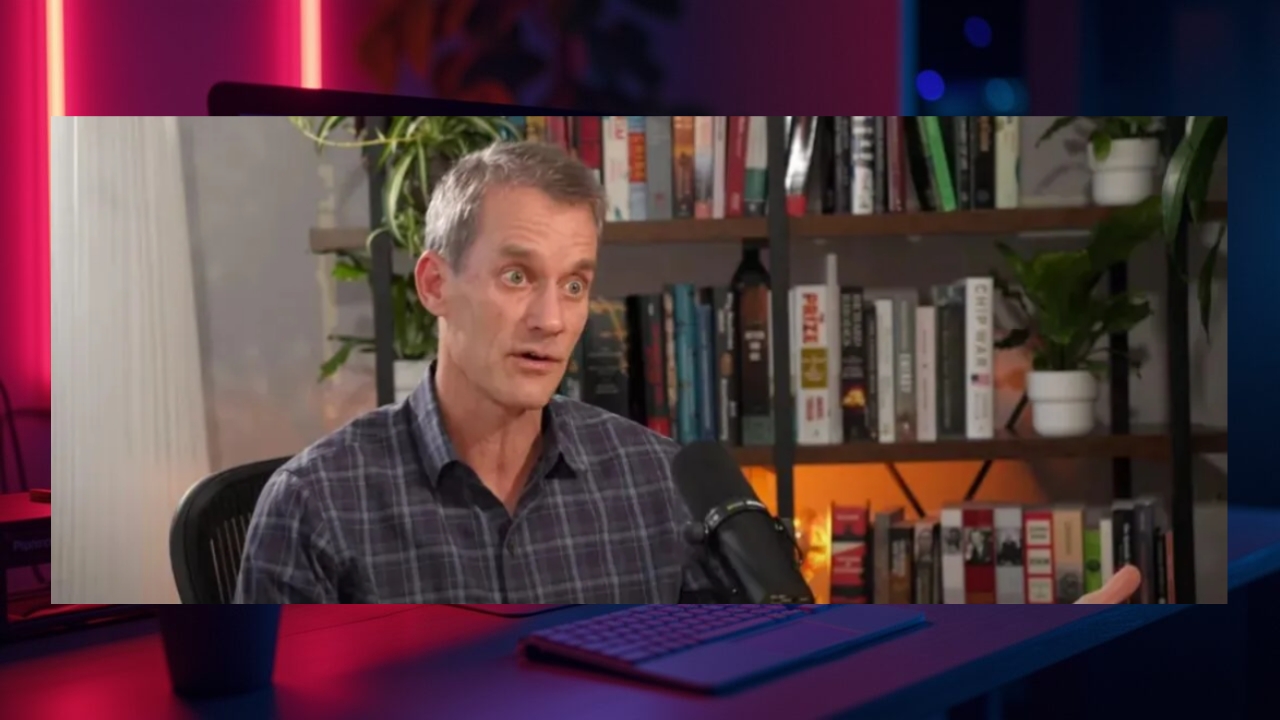In an interview with Noam Shazeer, co-creator of the Transformer model, Google’s chief scientist Jeff Dean made important statements about the huge speed increases and future revolutionary developments in the field of artificial intelligence. During the conversation, it was predicted that AI models could become 3 times faster and ‘10 million times more powerful engineers’ could emerge in the future. So what does this mean? Details are in our news…
Google AI leader Jeff Dean and Transformer creator Noam Shazeer: Artificial intelligence will be 3 times faster!
Jeff Dean stated that the transition to low-precision calculations was made to improve the performance of artificial intelligence models. In this way, processing units are used more efficiently and deep learning models are accelerated. Google’s TPUs (Tensor Processing Units) can gain up to three times speed by operating with lower precision.

Shazeer said that the processors used for machine learning today are now very different from traditional CPUs, and AI algorithms are adapting to hardware advances. As a result, AI models can be run faster using low-precision formats such as INT4 or FP4.
Another important point of the conversation was whether AI models will in the future be able to analyse the entire internet by processing billions of ‘tokens’. While today, language models can process a few million tokens, in the future they could process trillions of tokens, becoming systems with access to truly global information.
Dean said that AI could process all our emails, documents and personal data, greatly optimising individual tasks. However, major challenges such as security and privacy may also arise in this process. Jeff Dean predicts that AI can increase the productivity of human engineers by thousands or even millions of times.
He stated that AI-powered software development tools and AI assistants can enable engineers to build more complex systems in less time by accelerating software development processes. However, this also means that AI can cause major changes in the workforce. AI is thought to be faster than humans in automated code writing, debugging and system design.
Dean and Shazeer also shared their views on the potential risks of AI. It was emphasised that if AI develops uncontrolled, dangers such as automated cyber-attacks, fake information generation and malicious software may arise. It was stated that strong security measures should be taken to harmonise AI with human values.
What opportunities and risks do you think AI’s potential to create engineers 10 million times more powerful will create for business and humanity? You can write your opinions in the comments section below…














